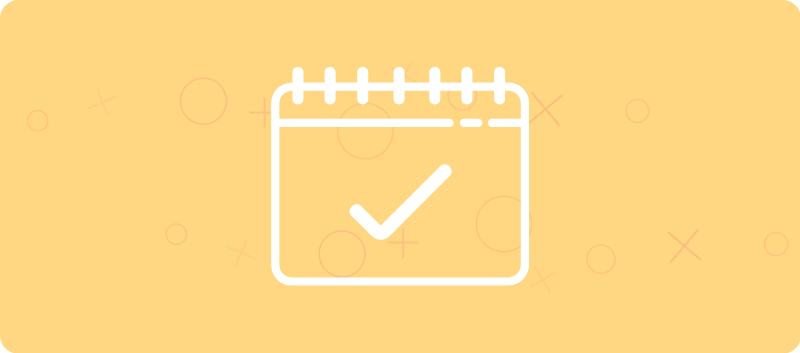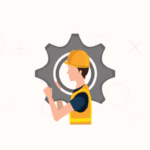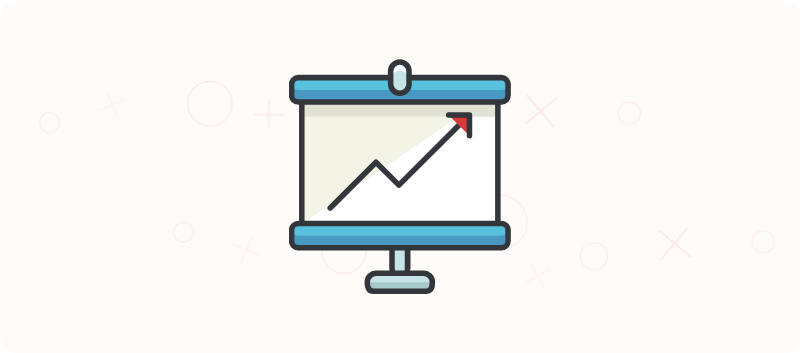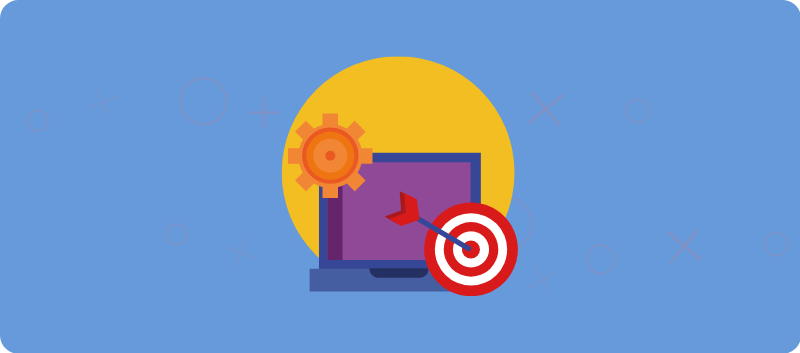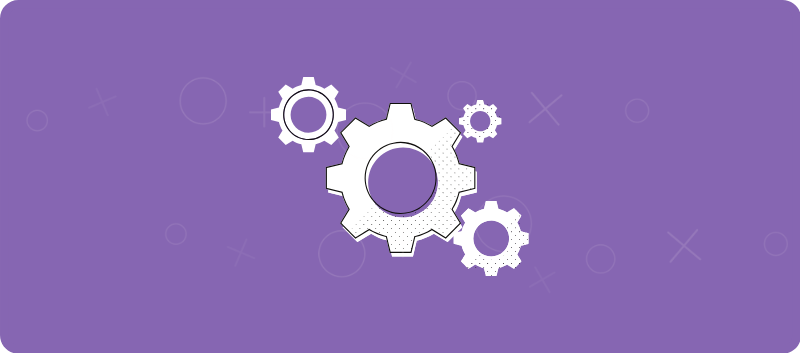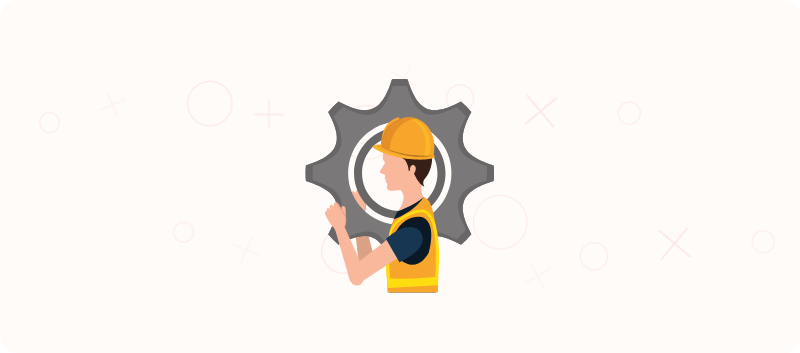The Most Effective Habits That Will Improve Your Productivity
The relentless evolution of digital technology has given us unprecedented choice in the way we work. The number of telecommuters has grown over 90% in the last decade and it’s predicted that over half of us will enjoy remote working this year. At the same time, more and more people are embracing flexible working to set their own hours and take holidays whenever they want.
But there’s a responsibility behind all this freedom. To justify the trust of our employers we need to maximise our productivity and ensure effective time management — whether we’re at home, in a coffee shop or in a coworking space. If we want to succeed in the modern workplace, it’s vital to get into good efficiency habits.
Serene is dedicated to helping you focus and maximise your output whenever, and wherever, you choose to work. To this end, we’re about to show you a series of seven productivity habits that anyone can follow. We hope they help you to take your productivity to new heights this year.
1. Break Down your Day
You may not have heard of Francesco Cirillo, but trust us, he’s a big noise in time management circles.
Cirillo is an Italian productivity guru who invented the ‘Pomodoro Method’, whose adherents break their day down into small bursts of concentration. The name translates to ‘tomato’ in Italian and is inspired by the tomato-shaped timer Cirillo used when he came up with the concept back in the 1980s.
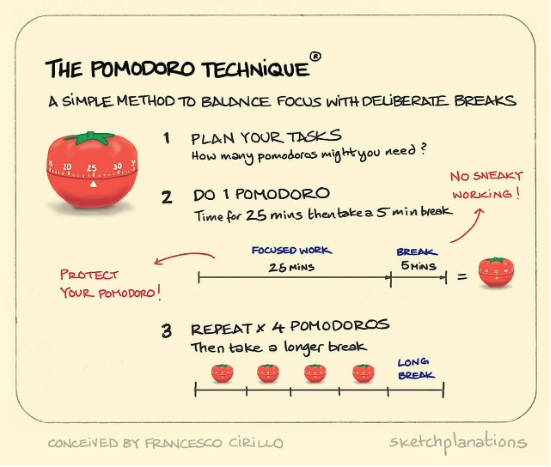
Cirillo advises his followers to work for four bursts of 25 minutes, with a 3-5 minute break in between each one. Then, he says, we should take a longer break of 15-30 minutes before repeating the whole process again.
This might seem like a radical approach to time management, taking a big chunk out of our working day. But in fact, studies show that the most effective workers spend a lot of time not working. One notable study has shown that the most productive people work for 52 minutes, then take around 17 minutes to get up and running again. That’s nearly a third of their entire day focusing on things other than work.
The Pomodoro method won’t work for everyone. Some people have longer concentration spans than others; then there are those workers, particularly creative types, who don’t like stopping when they’re in the zone. The important thing here – indeed the fundamental crux of all time management techniques – is to work out how much break time you need to maximize your output, and stick to that.
One of our team tried and tested 7 time management techniques, in partnership with Serene. Find out how she got on.
2. Improve your Goal-Setting
The world is rapidly moving away from its old hierarchical corporate structures, in which every aspect of the working day was based on punch-clock micro-management. The move towards the ‘managerless company’, driven by remote working, means many of us now work largely unsupervised.
But this means we need to take ownership of our working day. Which, in turn, places a huge premium on goal-setting. As well as improving our time management by dividing our day into efficient blocks, we should also think about what we want to achieve each time we fire up our laptop.
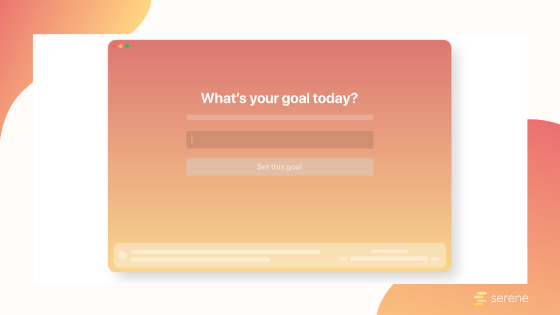
The key to effective goal-setting is to make it feasible. As anyone who’s ever started a January health kick will testify, you won’t change your habits if you aim for unrealistic targets. Try to work out what you can achieve during the day (filing a report, completing a pitch or filing a set of accounts) and use this as your benchmark.
There’s plenty of technology around to help with your goal-setting. One of the cool things about Serene’s technology, if we say so ourselves, is the feature which allows you to create one specific goal per day, then break it down into sessions. Check it out here.
3. Manage your Computer
We’ve all known the feeling at some stage: the top of our browser window looks like a harmonica’s mouthpiece, dozens of little tabs jutting upwards and jostling for space. Yep, the site of a cluttered browser is far from pretty — and it’s a serious drain on our productivity, too.
By leaving too many tabs open, we not only drain our machine’s battery and increase the risk of freezing, but we also create an unnecessary distraction. Switching between tabs becomes a hassle because we don’t know which is which. And if an individual tab starts playing a video, we’ve got to scramble to find out which one it is.
Thankfully there are plenty of productivity apps designed to cut through this background noise, honing our time management in the process. You might want to check out a Chrome extension called One Tab, which will flag if you’ve got too many windows open. Then there are handly little plug-ins like Google Keep, which allow you to save pages for later so you don’t need to leave the tabs open.
It’s also worth considering apps such as AVG TuneUp, which notify you when you’ve got lots of programs slowing your computer down. There’s no use sharpening your productivity habits if your machine can’t keep pace with you.
4. Limit Social Media
Of all the bad habits that limit the productivity of today’s worker, social media is probably the best-known. We lose two days a month to Facebook, and studies in the U.S. shows that the average person spends around half an hour a day sending messages. Instagram and Snapchat? Let’s not even go there.
But don’t worry, there’s a way out of the rabbit hole. By turning off your social media notifications, you can avoid those constant updates. As part of your overall time management strategy, it’s also worth setting a specific time in the day – say every 90 minutes – to perform a single sweep of all your channels.
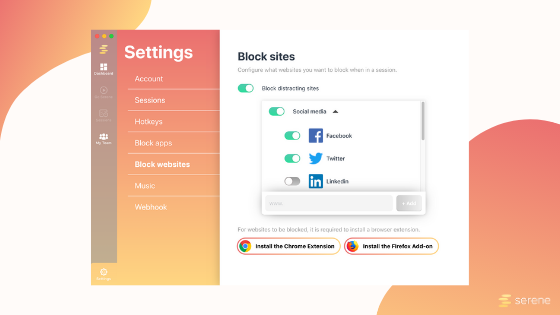
If this doesn’t do the trick, you can take more drastic action, like deleting the apps from your phones or turning your device off altogether. Serene can also block all social media sites and notifications so that they no longer distract you from doing your best work.
5. Eat the Right Foods
If we want to get into good habits at our desk, it’s important to maintain the right habits when we step away from it. Specifically, the fuel we put into our body during mealtimes can make or break our workplace performance.
Certain foods, like rice and pasta, give us an explosion of energy but then a long lull, draining our productivity during the afternoons. Then there are foods like burgers, which give us a longer hit of energy but leave us feeling bloated and sloppy (they’re not exactly great for our overall health, either).
The key is to find a balance: lean, healthy foods which will release a consistent burst of slow-burn energy. A clutch of core nutrients will deliver this magical combo, such as omega-3, vitamin C and vitamin E. Which means fish, berries, nuts, walnuts and orange juice. And make sure you drink plenty of water throughout the day.

6. Listen to Music
The workplace has traditionally been a silent place. In industrial complexes, that silence may be punctured by the clang and bellow of heavy machinery, but commercial premises have invariably regarded noise as something to be avoided at all cost.
But, in fact, putting tunes on can be good for our productivity – provided we find the right kind of music. According to a survey by recruitment firm Robert Half, 71% of employees find that listening to music improves their focus.
Anneli Haake, a British academic who has become something of a guru in this field, says it’s best to avoid anything with lyrics. Songs with complex layouts, such as Jimi Hendrix’s Star Spangled Banner or Led Zeppelin’s Black Dog, are also likely to take us away from our task.
The Serene team wrote this article, which contains in-depth research on the best music for concentration. It also includes a bespoke focus music playlist. Traditional Chinese Guzheng music is also great for getting in the zone. Here’s a link to get you started.
7. Get Good Sleep
This is one of those habits that yield benefits far beyond the workplace. As well as driving up productivity, scientists believe that a good night’s sleep makes us more creative, sharpens our decision-making and improves our ability to manage our various daily tasks.
Most of us need a solid eight hours to perform at our best and sleep experts would widely agree with this. There is recent research that shows a few of us might be born with what’s called ‘the Thatcher gene’. This would allow them to function on far less sleep than the average person, like former British Prime Minister Margaret Thatcher. But this is not the norm, and the importance of a good 6-8 hours of sleep every night is crucial to our productivity.
Then there’s the timing of our sleep. We’ve talked about time-management in the workplace, but the way we manage our evening activity is just as important. Some people prefer to go to bed early and wake at the crack of dawn (or in the case of Apple CEO Tim Cook, who rises at 3.45am, even earlier). Others, like Mark Zuckerberg, who sleeps until 8am, are happy working late into the night and making up for it with a relatively late start to the day.
But whatever your preferred rhythm, it’s important to observe proper sleep hygiene. That means turning off all screens at least an hour before bed, keeping the room at an optimum temperature (scientists recommend between 15 and 20 degrees celsius) and ditching the caffeine after lunchtime.
If you’re still having trouble nodding off, Mindfulness apps such as Headspace are also great for coaching you in best-practice relaxation habits and helping you prepare for a great night’s rest.
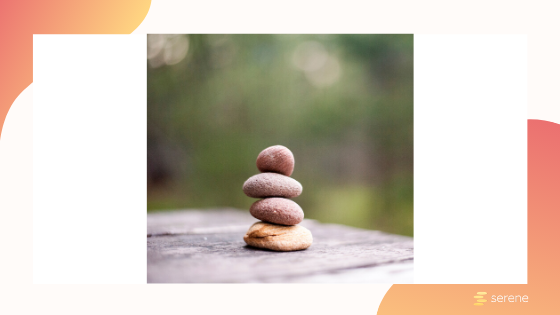
And Finally…
We are what we repeatedly do.
Aristotle
Serene is built to help you get your best work done, every day. Serene is a tool that facilitates a proven method of daily working. Where most productivity tools will solve part of the problem, Serene will take you through four daily steps, guaranteed to get you doing deep, focused work. Check out the Serene Method and upgrade to PRO to utilise the full list of features.



